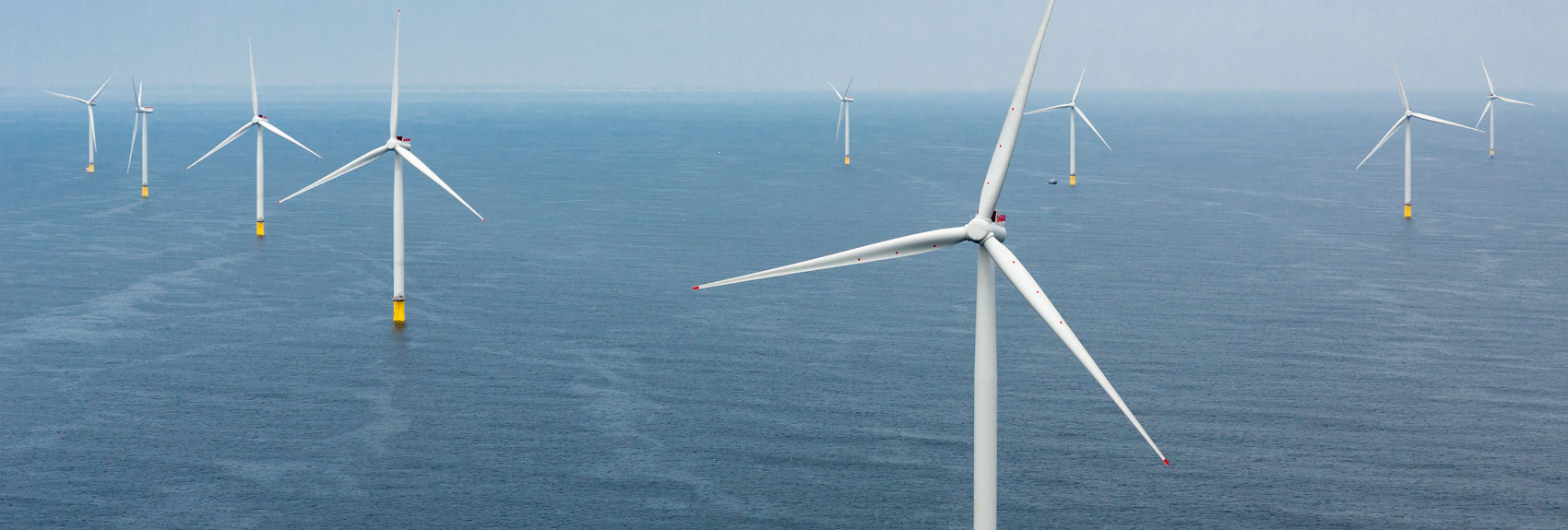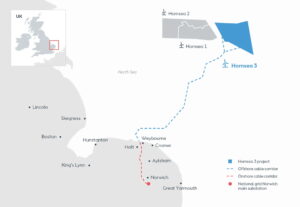‘Too low and too tight’ – UK industry calls on government to revise CfD budget
Following the announcement of the budget for the UK’s fifth Contracts for Difference (CfDs) allocation round (AR5), and the plan on how different renewable energy projects will compete, the renewable energy industry in the UK has warned the budget and the parameters were “too low and too tight” and that CfD Round 5 would “fail to maximise investment in wind, solar and tidal energy”.

The first CfD round is scheduled to open for applications on 30 March, with winners announced in late summer or early autumn this year.
On 16 March, the UK government confirmed the budget of GBP 205 million (around €233 million) for this year’s Contracts for Difference (CfD) scheme, which will be allocated through two pots:
- In Pot 1, GBP 170 million (around €193 million) will be available for established technologies. For the first time, the pot for established technologies includes offshore wind and remote island wind.
- In Pot 2, GBP 35 million (around €40 million) will be made available for emerging technologies such as geothermal and floating wind, with a GBP 10 million (around €11 million) ring-fenced budget for tidal stream technologies.
Related Article
After the government’s announcement, Scottish Renewables and RenewableUK issued statements, warning that the plans for this year’s CfD allocation will not maximise investment in wind, solar and tidal projects.
Both renewable energy industry organisations have urged the UK government to revise the budget for the upcoming CfD auction.
“Unfortunately, in the light of global inflationary pressures, the budget and parameters set for this year’s CfD auction are currently too low and too tight to unlock all the potential investment in wind, solar and tidal stream projects which the industry could deliver”, said Michael Chesser, RenewableUK’s Economics and Markets Manager.
Chesser emphasised the effect of the increase in global gas prices on UK consumers over the past year and said the country should be looking to maximise investment in low-cost clean energy.
“At a time when the US and EU are bending over backwards to offer incentives for renewable energy developers to come to them to build new projects, the UK is sending the wrong investment signals. As a result, we risk losing vital opportunities to scale up our supply chains around the UK, denying communities the industrial-scale benefits which our sector offers. We’re also jeopardising our global lead in cutting-edge clean energy technologies like floating wind and tidal stream”, Michael Chesser said.
Scottish Renewables’ Policy Manager – Economics and Markets, Andrew MacNish Porter, also said the budgets for the upcoming CfD allocation round would not ensure the maximum low-cost renewable energy capacity needed.
“This means that consumers will face higher bills for longer, and that developers’ ability to invest in local supply chains will be undermined. Whilst the ringfenced budget for tidal stream is welcome we are concerned that the lack of capacity budgets – as used in previous allocation rounds – means that some technologies will be de facto excluded from the auction”, Andrew MacNish Porter said.









